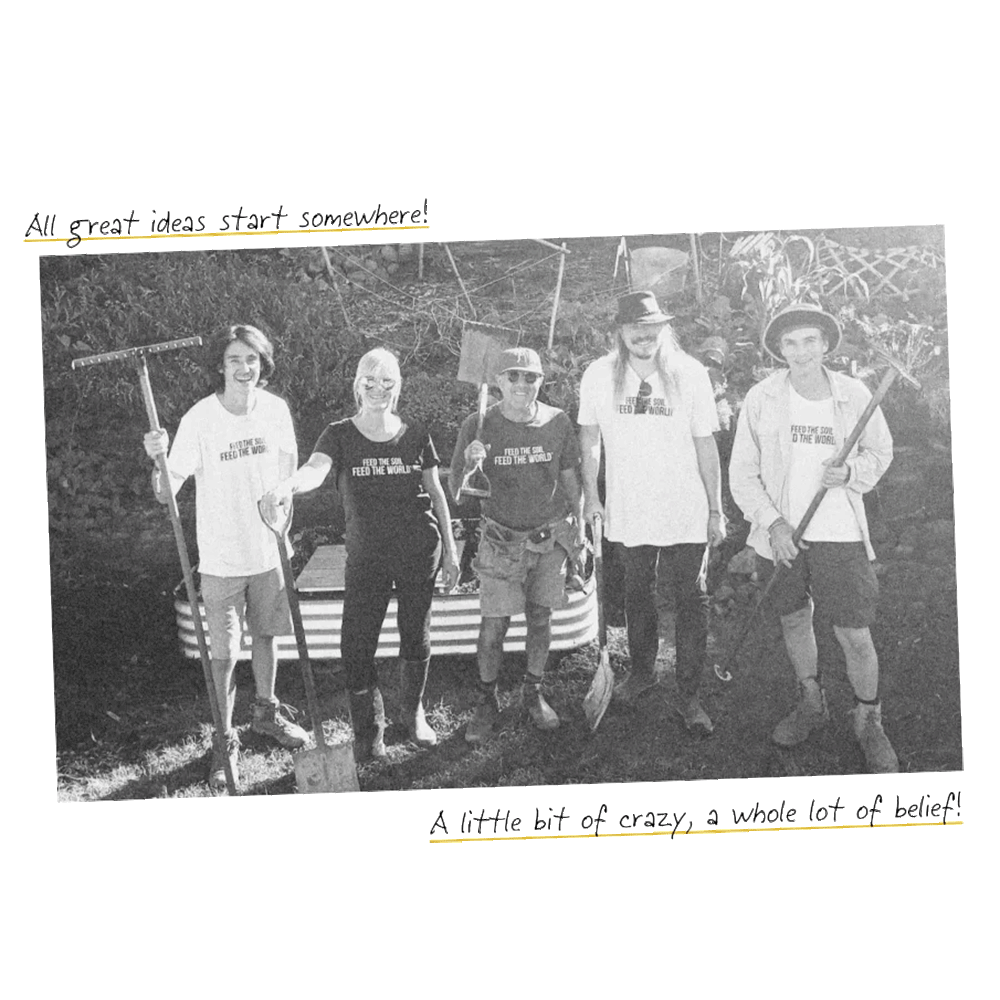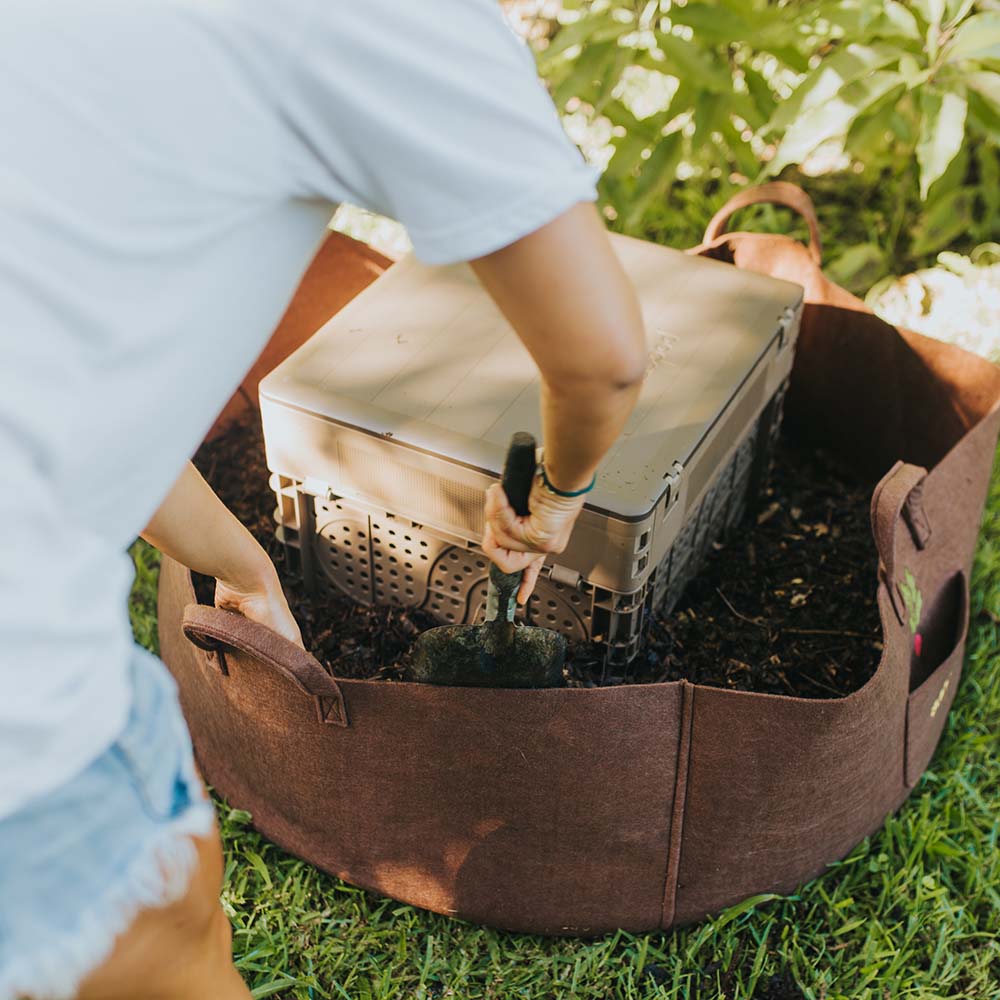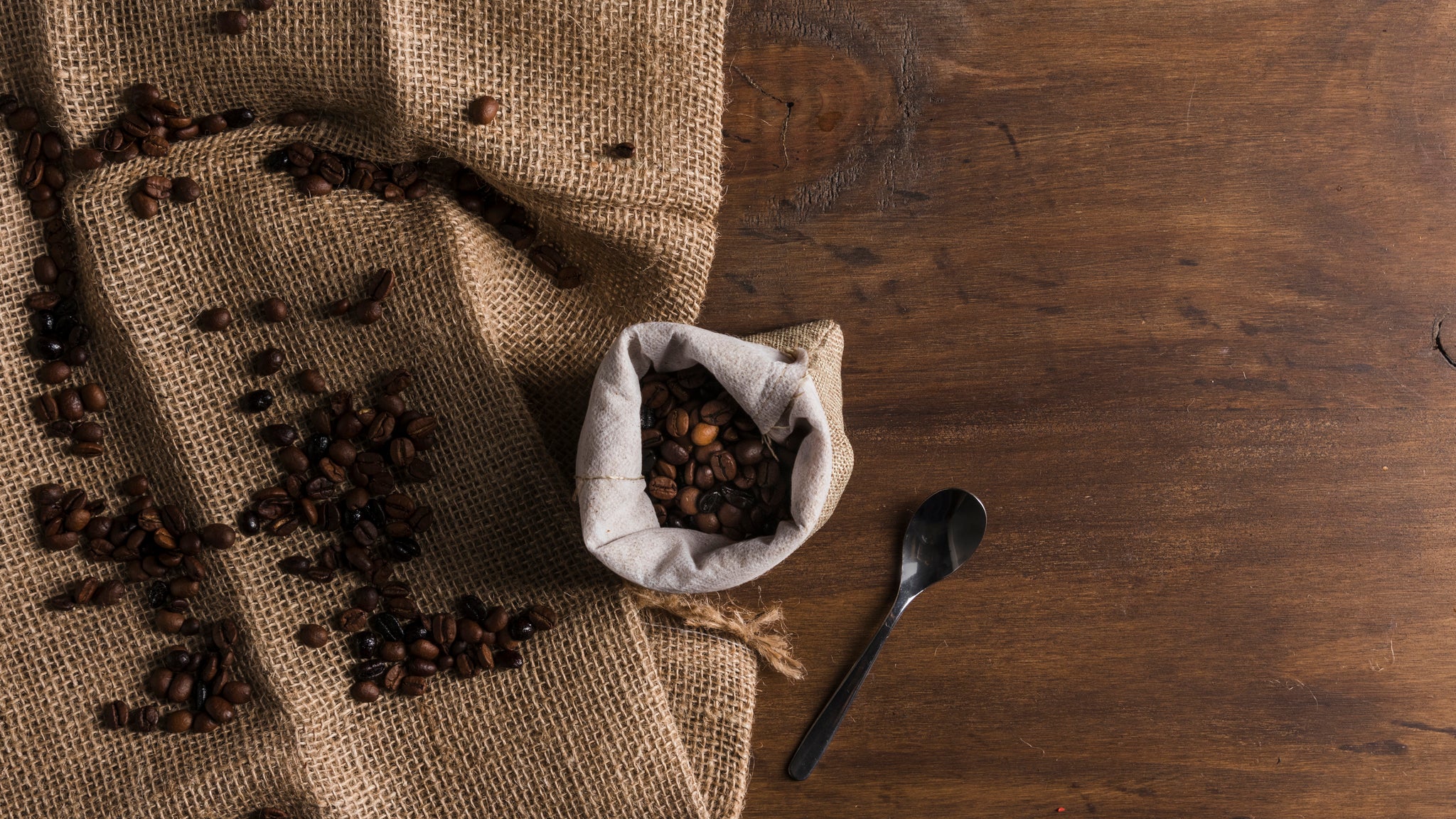May 7th marks the beginning of International Compost Awareness Week (ICAW)! This is one of the most important times on the calendar for individuals and businesses concerned with sustainability and preserving the earth. It’s a great time to spread the dirt about composting and its MANY benefits for people and the planet!
Spreading the world about composting is essential, because as it stands only around 5% of people actually compost at home. It’s seen as some kind of difficult art that takes up time and space. It’s up to us to correct that narrative, becasue Subpod has developed systems that remove the traditional barriers to home composting!
Now, you can compost your organic food waste no matter the size of your outdoor space. And once your Subpod is set up, it only takes a few minutes a week to maintain your compost bin and give back to the soil! So this ICAW, let's let everyone know how easy it is to get home composting.
Why We Need to Compost Food Waste
Humans have developed into the ultimate consumers. With all that consumption comes a lot of waste - byproducts that make their way back into the environment. Food waste is one of these byproducts, and boy is it a serious one. And the more our population grows, the bigger the problem gets.
Around the world over 30% of our food is wasted every year. That equates to about 1.3-billion tonnes, and unfortunately around 95% of that ends up in landfill. One of composting’s biggest boons for the environment is that it reduces the amount of food waste in landfill.
Why is this so important?
When food waste goes into landfill, it’s easy to assume it simply rots there as it would anywhere else. The truth is though, it gets packed in so tightly with all the plastic and other junk, there is no room or air for bacteria and microbes to do their decomposing work.
The compacted food just piles up into mountains of waste, and these mountains emit harmful methane gas into the atmosphere. Methane is our least favourite greenhouse gas, clocking in at 28-times more powerful than carbon dioxide!
How Long Does a Lettuce Take to Decompose in Landfill?
Let’s put into perspective how long it takes for food waste to decompose in landfill. Say you toss a lettuce head into the garbage now. How long does it take before it’s fully decomposed?
25 years.
We’re not even joking. You could have a kid right now and they would be degree-educated with a family before that lettuce head completely disappeared!
Food Waste and Climate Change
Languishing in landfill for all those years pumping out methane has dire consequences for climate change. If food waste was a country, it would be the world’s third largest contributor to climate change!
It’s not just the greenhouse gases, it’s the environmental impact of the wasted resources that produce food. With agriculture accounting for 70% of the world’s water consumption every year, food waste is also wasting a lot of our precious water resources. Nearly 600 litres of water go into producing a loaf of bread, or nearly 25,000 litres of water per kilogram of beef!
Unfortunately, particularly in agricultural mass production, there is a reliance on inorganic fertilisers and pesticides to ensure big harvests. These chemicals destroy the biodiversity of our planet, poisoning our waterways and damaging the integrity of our soil. For all those negative impacts to happen just for the food to end up in landfill boggles the mind!
Composting is your way to stand up to food waste and align your lifestyle with what’s best for Mother Nature. A way to give back and ‘feed the soil, feed the earth’.
What’s more, composting is extremely important when it comes to the health of humans! Let’s find out why.
Composting For Our Health
Soil is the cornerstone of healthy living - poor soils lead to poor health in humans. In fact, most of our diseases can be connected back to unhealthy soils. Fertile, productive soils produce nutrient rich food that we need for the survival of our species. Degraded and eroded soil simply isn’t fertile, and won’t provide us with the required food for a healthy existence.
Food is medicine. When we have deficiencies in protein or vitamins, we get sick. That means, when soils are poor, we get sick. If we foster and preserve healthy soils, we’re investing in the collective health of humanity.
It’s not just food production and security. Soils influence human health by being able to remove contaminants from water. It purifies water through physical filtration, by chemically filtering them and through the biodegradation process by microorganisms. No wonder soil and groundwater contamination is a huge area of scientific research at the moment!
The rich and biodiverse ecosystems in soil are also responsible for important drugs and medicines. These include the cancer-treating bleomycin and even the ubiquitous antibiotic penicillin. Who knows what other life-saving treatments exist beneath the surface of the earth?
Be Part of The Soil-ution During ICAW
For ICAW this year, the motto is “For Healthier Soil, Healthier Food… Compost!” We’ve discussed how important soil is for the future of the planet, and how beneficial composting is to soil health. We urge you to spread the word about composting to all your friends and colleagues! Let’s get everyone on board this mission to improve soil quality.
If you’re not composting yet, it’s time to become part of the soil-ution! Composting with Subpod is beginner-friendly and easy to setup and maintain. Before long, you’re converting your food waste into nutrient-rich compost. You’re reducing your carbon footprint, and reducing the amount of methane emitted into the atmosphere. It’s rewarding on a personal and global level.
Have a look at our home composting solutions below. There’s going to be one to fit your outdoor space, no matter its size.
Want to get composing this ICAW?
Check out our easy-to-use vermicomposting solutions!







Leave a comment
This site is protected by reCAPTCHA and the Google Privacy Policy and Terms of Service apply.